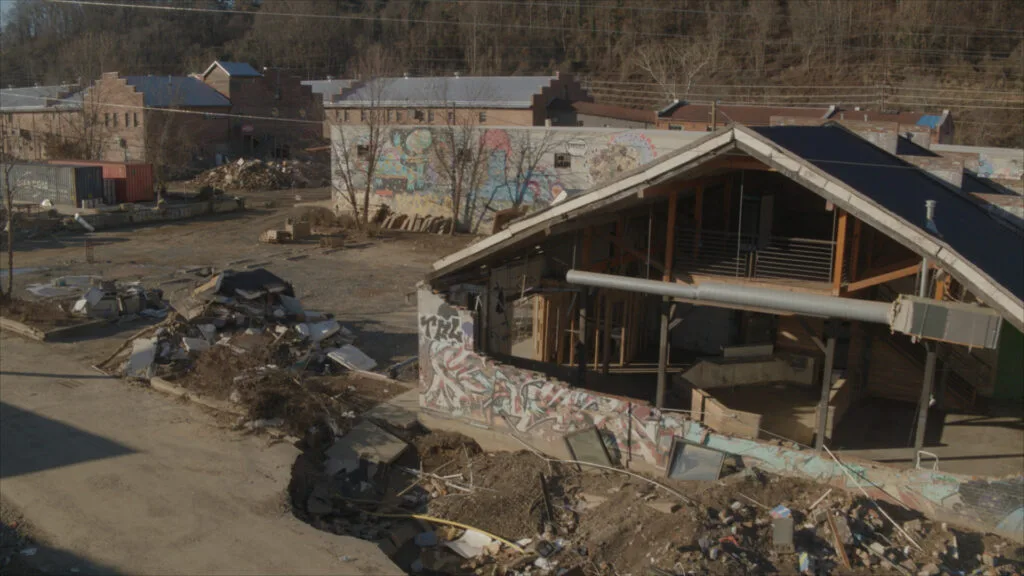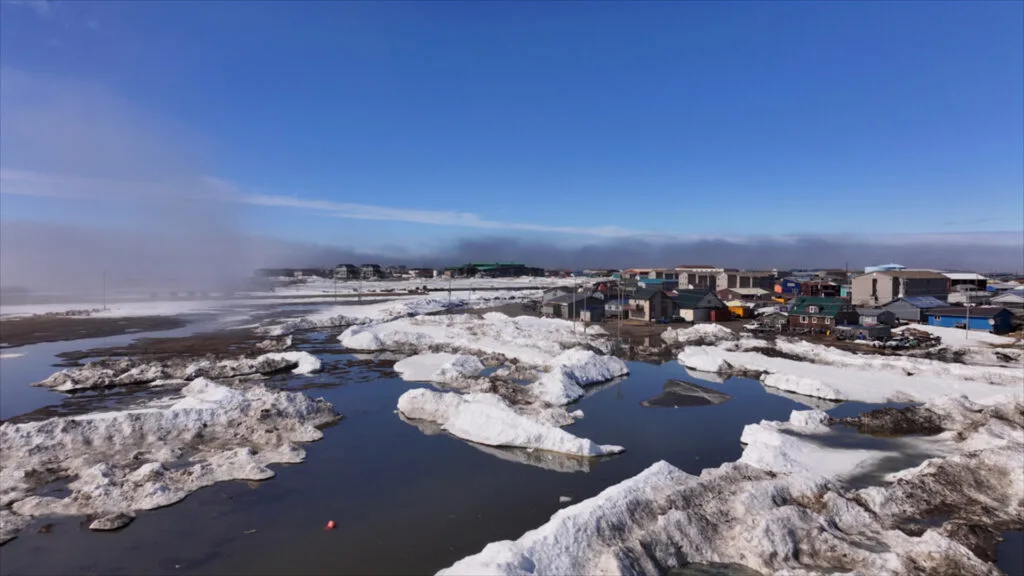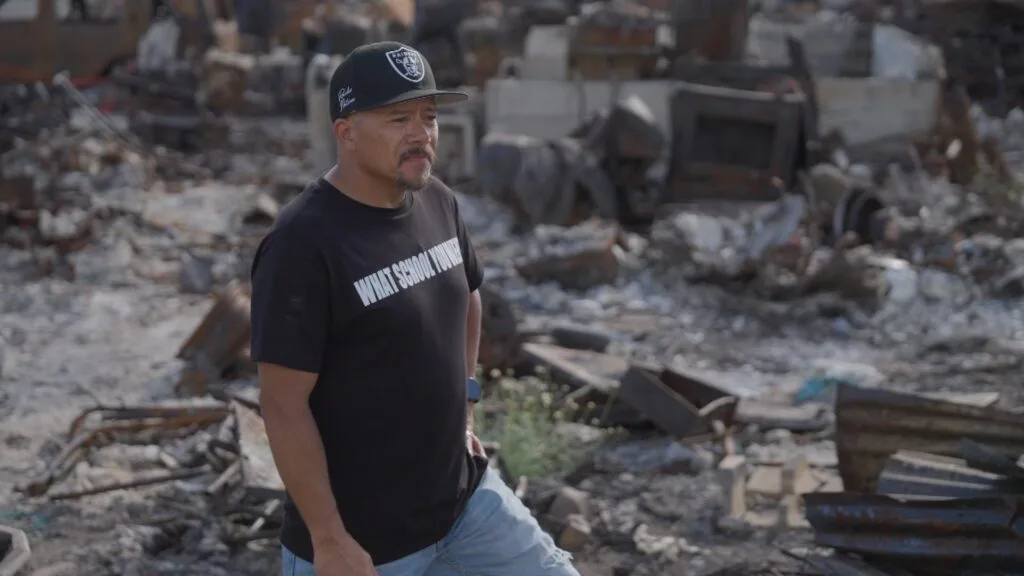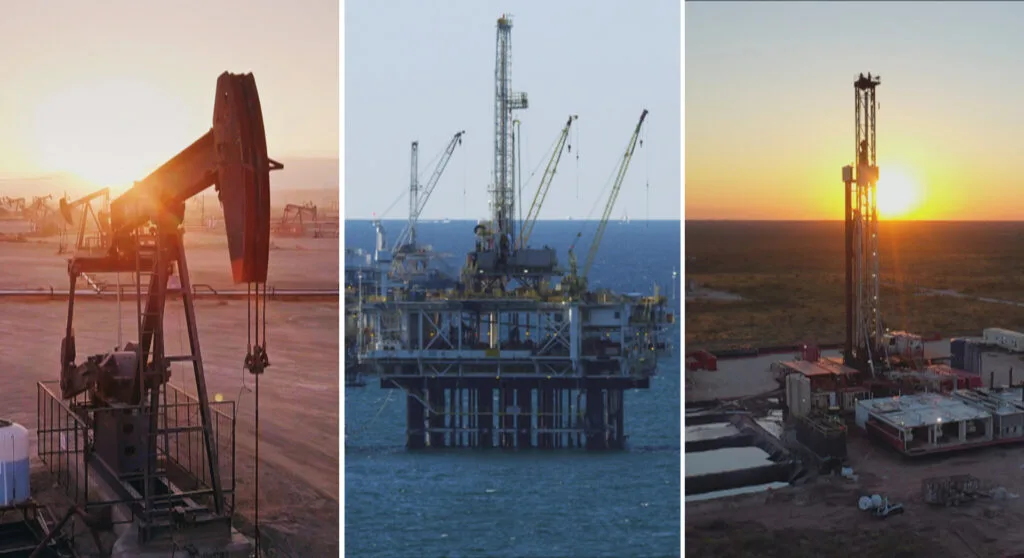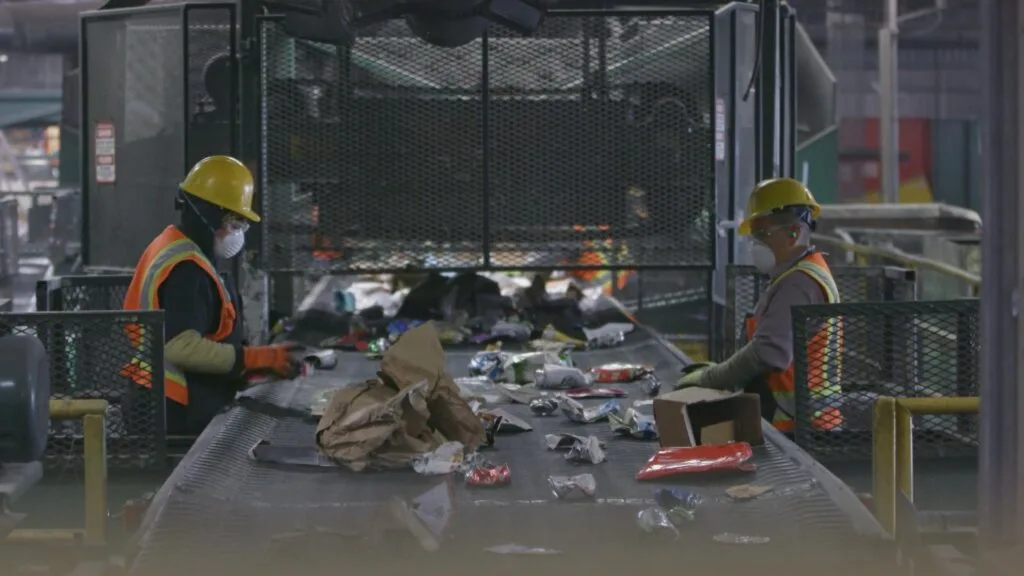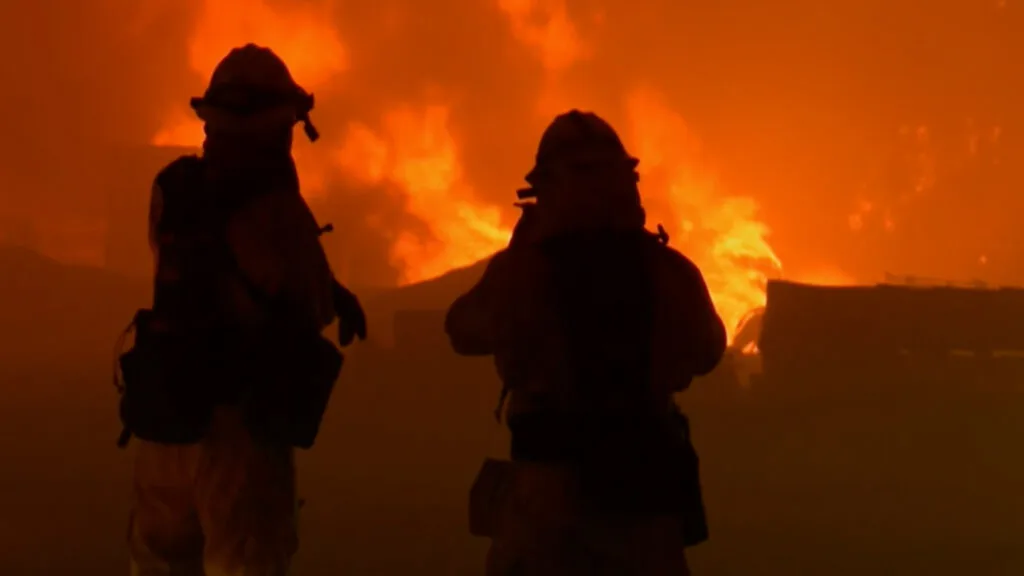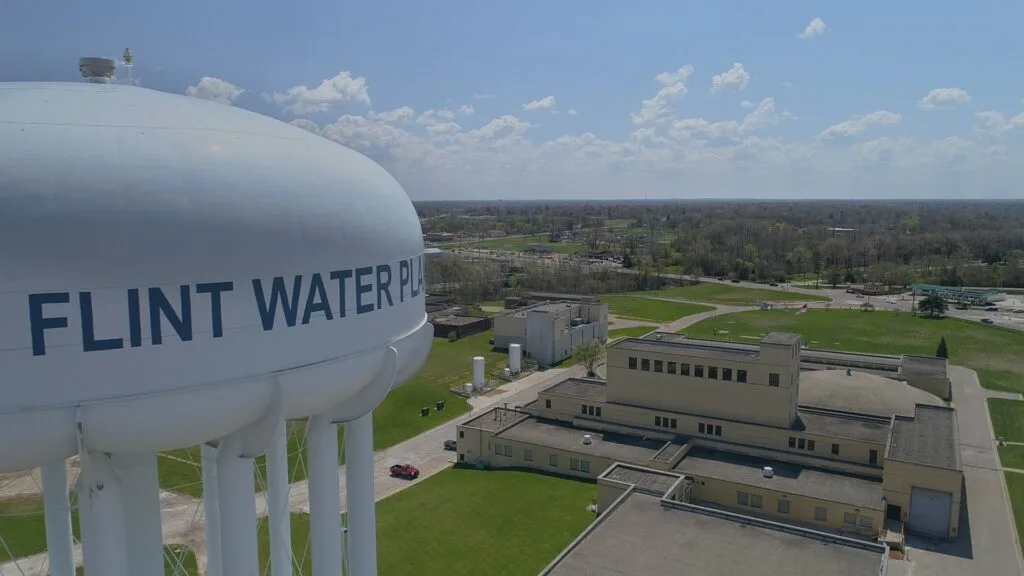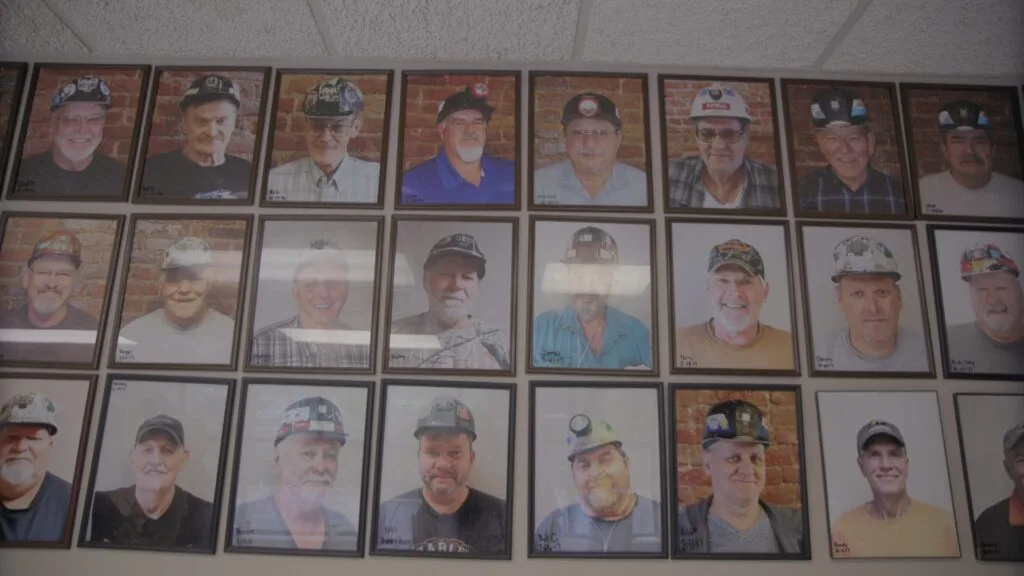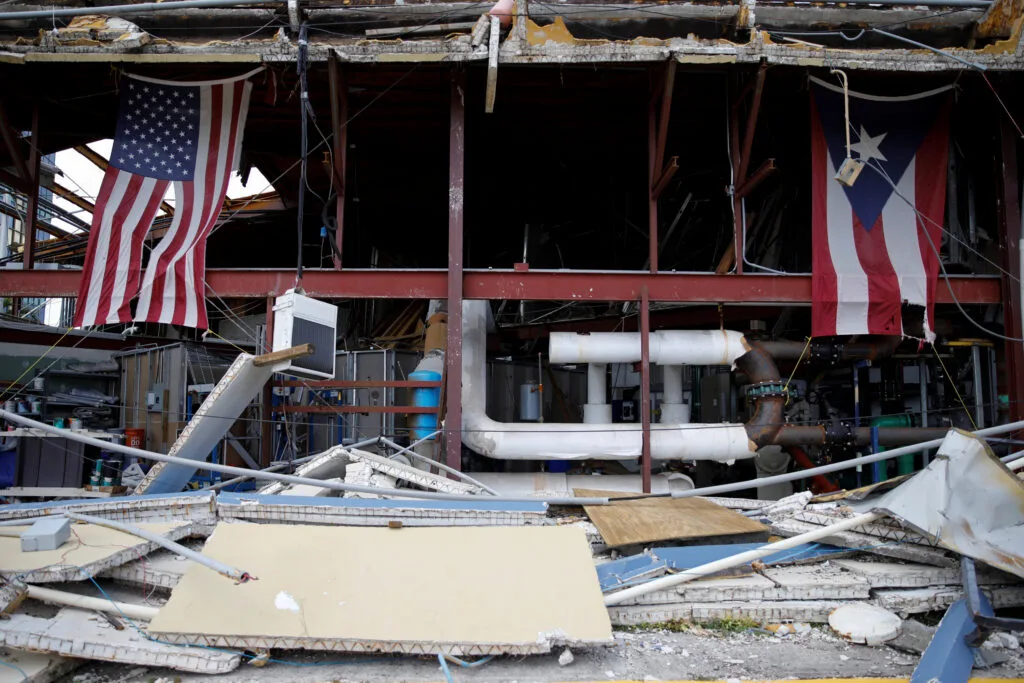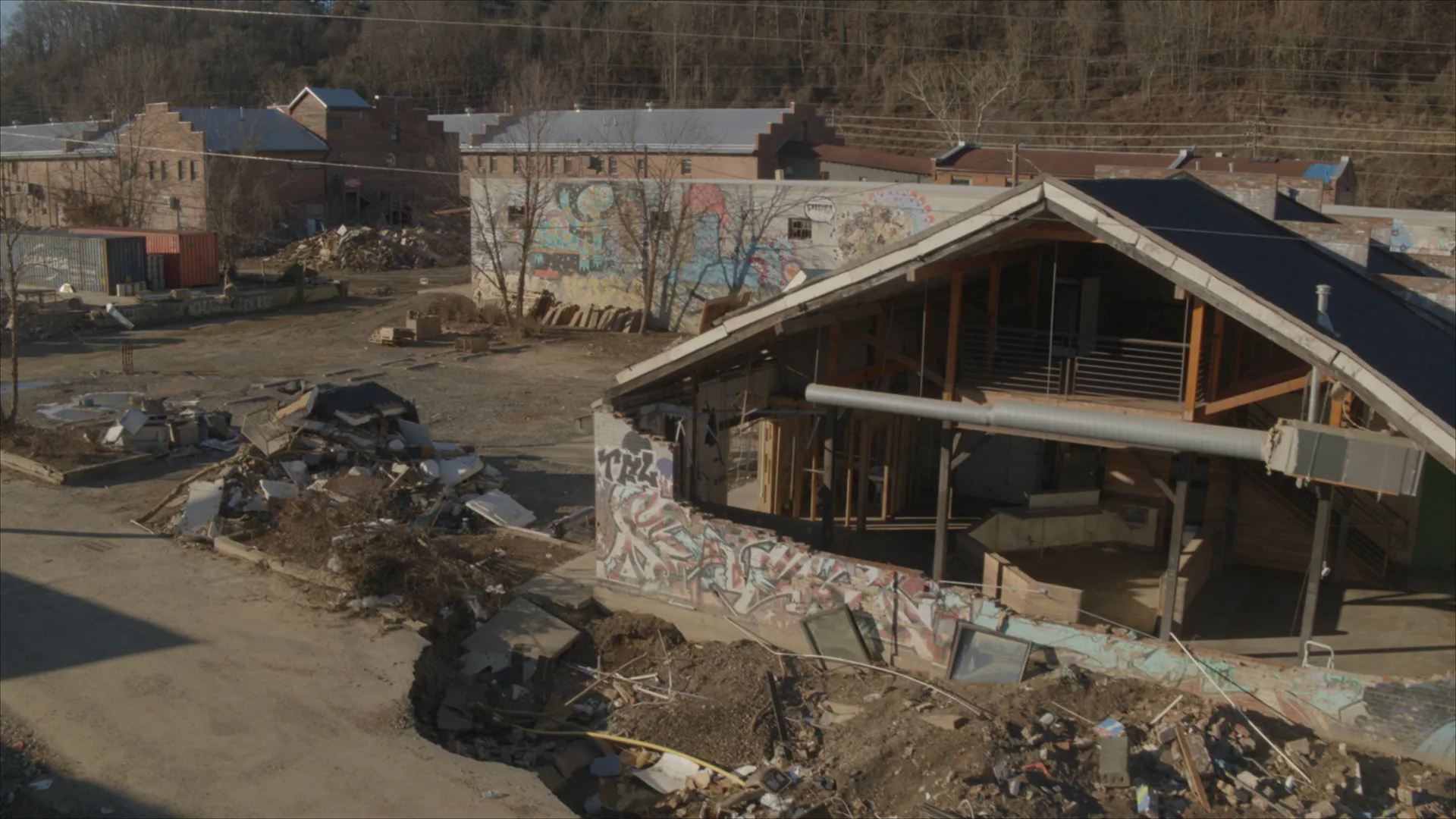Her Husband Died in Hurricane Helene’s Floodwaters. She Can’t Stop Thinking About ‘the Fear He Must Have Had.’
May 20, 2025
Share
In the days after Hurricane Helene unleashed catastrophic flooding and landslides around Asheville, North Carolina, in late September 2024, more than 100,000 people remained without power, phone service was down, and hundreds of people were unaccounted for.
Zubila Shafiq’s husband, the father of her two children, was among them — so Shafiq went looking for him.
In the above video drawn from the new FRONTLINE and NPR documentary Hurricane Helene’s Deadly Warning, Shafiq describes what she learned after arriving at the apartment complex where her husband, Omar Khan, had moved following their recent separation.
His apartment was near a river that had flooded in the storm, the rising water taking entire homes along with it.
“I saw some people walking by, and I said, ‘I’m looking for somebody, I’m looking for somebody. I’m looking for Omar,’” Shafiq says.
A woman shared the news Shafiq had been dreading.
“She said, ‘I tried to save him. I’m so sorry. I tried to save him,’” an emotional Shafiq recalls.
Omar Khan was one of more than 100 people in North Carolina who died in Hurricane Helene, a storm whose flooding damaged tens of thousands of homes in the state in areas that were inland and elevated far above sea level. In Hurricane Helene’s Deadly Warning, premiering May 20 on PBS and online, correspondent Laura Sullivan builds on years of joint reporting from FRONTLINE and NPR about disaster recovery to investigate how Helene became an ominous warning about America’s lack of preparedness for climate-change related storms.
“There were stories where it was front-page national news that Asheville was the climate-change safe center in this country, and we now know that is not the case,” North Carolina Gov. Josh Stein tells Sullivan in the documentary. “Even the mountains can experience flooding and hurricanes that we didn’t think was possible.”
As Sullivan reports in the documentary, the federal government spends more than $50 billion a year helping communities recover, including places that have flooded repeatedly. Hurricane Helene’s Deadly Warning examines the forces fueling this cycle of destruction and rebuilding, whether places that rebuilt after earlier devastating floods are any safer today, and how the process is now playing out in North Carolina.
The documentary also offers a powerful look at the wrenching human toll of storms like Helene — storms that scientists say are growing more frequent and intense as a result of climate change.
In the above video, a tearful Shafiq says that every night, she thinks about what her husband must have felt during his last moments.
His building, she learned, was carried down the river.
“I don’t understand what these poor people had to go through, to imagine what it’s like to be seeing all this water, everything is leaving, and the fear he must have had,” she says, crying.
“It’s unimaginable.”
For the full story, watch Hurricane Helene’s Deadly Warning starting May 20, 2025, at 7/6c at pbs.org/frontline and in the PBS App, and at 10/9c on PBS stations (check local listings) and on FRONTLINE’s YouTube channel. The documentary will also be available on the PBS Documentaries Prime Video Channel. Listen to related radio stories on NPR the week of May 20, and a two-part series on NPR’s podcast Up First June 1. Hurricane Helene’s Deadly Warning is a FRONTLINE Production with Five O’Clock Films in association with NPR and Perimeter Pictures. The correspondent is Laura Sullivan. The writer, producer and director is Jonathan Schienberg. The producers are Dana Miller Ervin, Lauren Ezell, Kate McCormick and Laura Sullivan. The senior producer is Frank Koughan. The editor-in-chief and executive producer of FRONTLINE is Raney Aronson-Rath.

Related Documentaries
Latest Documentaries
Related Stories
Related Stories
Explore
Policies
Teacher Center
Funding for FRONTLINE is provided through the support of PBS viewers and by the Corporation for Public Broadcasting, with major support from Ford Foundation. Additional funding is provided the Abrams Foundation, Park Foundation, John D. and Catherine T. MacArthur Foundation, Heising-Simons Foundation, and the FRONTLINE Trust, with major support from Jon and Jo Ann Hagler on behalf of the Jon L. Hagler Foundation, and additional support from Koo and Patricia Yuen. FRONTLINE is a registered trademark of WGBH Educational Foundation. Web Site Copyright ©1995-2025 WGBH Educational Foundation. PBS is a 501(c)(3) not-for-profit organization.


